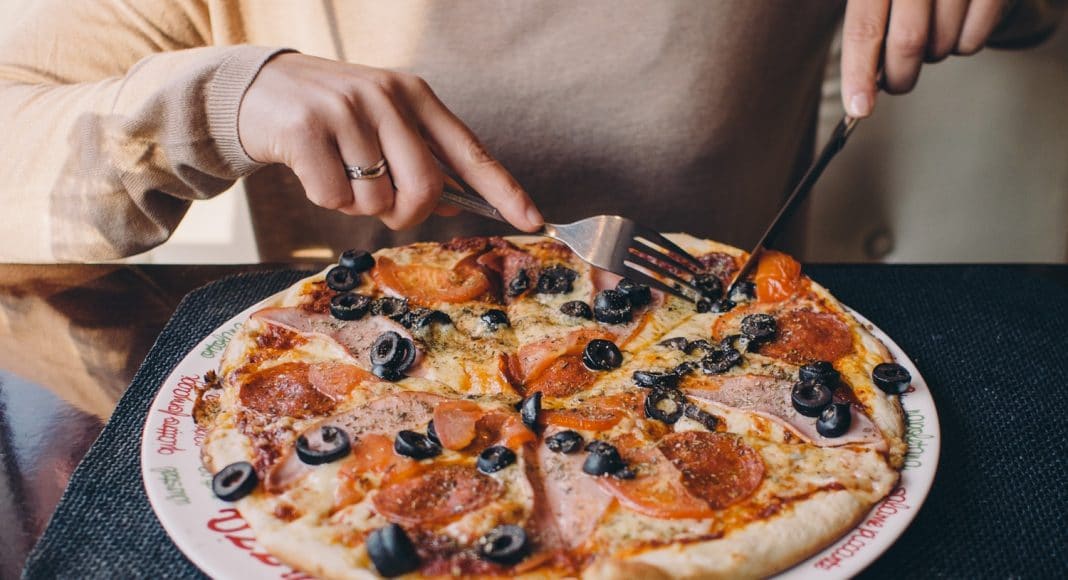Ask anybody — from a hardcore chronic cannabis consumer to a ardent abstainer of the herb — to name one of the main side effects of marijuana and you’ll usually get the same answer. Munchies.
And it’s true. Cannabis promotes appetite. That powerful urge to eat is actually the herb doing its job.
For those who have battled through chemotherapy and lose their appetite have found cannabis to be the only medicine that helps. Same with patients suffering from wasting syndrome, AIDS and other ailments in which your body’s desire for nutrients is low of non-existent.
-
Related Infographic: Munchie Madness: Will Cannabis Make Me Fat?
For some recreational consumers not fighting a disease, there is the tendency to binge eat resulting in undesired added pounds.
For years, scientists struggled to understand the physiology of how THC, the active psychoactive ingredient in cannabis, stimulated appetite.
According to a 2015 Yale study, what is basically happening is this: Neurons in the brain that are normally involved in suppressing appetite were being tricked by THC. Lead author Tamas Horvath of the study explains it this way:
“It’s like pressing a car’s brakes and accelerating instead. We were surprised to find that the neurons we thought were responsible for shutting down eating, were suddenly being activated and promoting hunger, even when you are full. It fools the brain’s central feeding system.”
The research from Horvath and his team is interesting because it may help explain what compels some people to overeat even when they are not hungry.
“By observing how the appetite center of the brain responds to marijuana,” Horvath explains, “we were able to see what drives the hunger brought about by cannabis and how that same mechanism that normally turns off feeding becomes a driver of eating,” said Horvath.
Researchers have known for decades that using cannabis increases appetite even when you are fully sated. It is established science that activating the cannabinoid receptor 1 contributes to overeating. Nerve cells called pro-opiomelanocortin (POMC) neurons have been found to be key drivers of reducing eating when full.
These neurons are found in the hypothalamus, the part of the brain that associated with base instincts like sexual arousal and feeding. Horvath theorizes that the POMC neurons normally work by sending out a chemical signal telling the brain, you’re sated, stop eating. But cannabis interrupts the natural course of action.
-
Related Story: How To Work Out With Weed
In 2014, a team of European researchers also investigated the munchies mystery. The study, conducted on labratory mice, found that cannabinoids activated the brain’s olfactory center, making mice more sensitive to smells. Other earlier research suggests cannabinoids were spiking dopamine levels in the brain that stimulated appetite.
So will if this is the case, why aren’t all cannabis consumers obese?
While marijuana generally promote appetite, the cannabinoid receptors in your brain eventually become desensitized or trained. At least that is what one Harvard study indicated.
“The most important finding is that current users of marijuana appeared to have better carbohydrate metabolism than nonusers,” says Murray Mittleman, an associate professor of medicine at Harvard Medical School and the author of the study. “Their fasting insulin levels were lower, and they appeared to be less resistant to the insulin produced by their body to maintain a normal blood-sugar level.”


